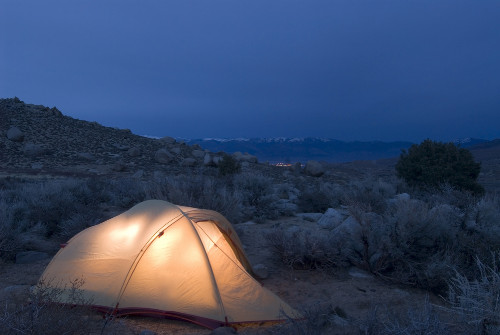
- Check the weather forecast before heading out for a hike. It's not safe to hike when thunderstorms or heavy snowfall is expected.
- Carry drinking water. Streams, lakes, and springs are not the same as drinking fountains, so don't drink from them without first properly treating the water.
- Observe wildlife... from a safe distance. It's called wildlife for a reason, so don't get too close to wild animals.
- Stay on the trail -- leaving it could result in getting lost. I know you guys who are reading this thinking "getting lost is the adventure," but staying lost, my friends, is a hazard.
- Help prevent food poisoning by keeping cold foods cold and hot foods hot. Perishable items do not belong in a hot car.
- Clean all surfaces and utensils that come in contact with raw meat or meat juices before using them again.
- Wash your hands frequently when preparing food and before serving and eating.
- Keep children away from grills and lighter fluid. Keep grills away from anything that can burn them.
- Be aware of tiny deer ticks. They could carry Lyme disease, so know what symptoms to watch out for! When in potentially infested area, apply insect repellant, wear light-colored, long sleeved shirts, pants, and socks.
- Do not build a fire near tree trunks, fallen trees, or over hanging branches. Always keep the flames at a size you can control.
- When it's time extinguish a campfire, let the flames die down, then break up the coals or logs, spread the pieces, soak them with water, and cover the area with dirt or sand.
Photo credit: http://therepublicofless.files.wordpress.com/2010/08/camping-glow-night2.jpg
Content credit: http://www.ci.dupont.wa.us/files/library/9ed9c444fe7e45c0_o.pdf
Sandy Hayden

No comments:
Post a Comment